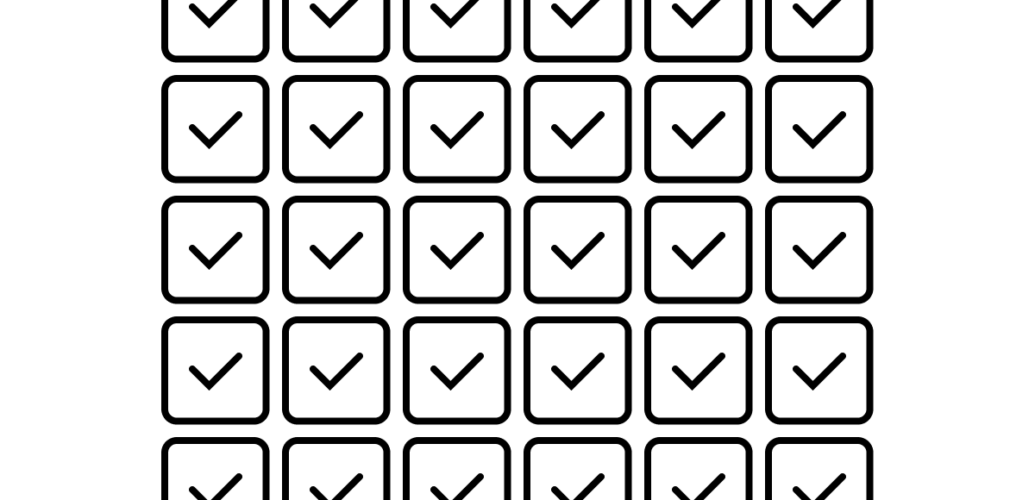
The due dates have passed, but you can still respond to these challenges if they inspire you!
NEW YEAR WRITING CHALLENGE PDF
NEED A PDF VERSION? Download the attachment below. Remember to give each post a title, category (poem, nonfiction, visual/photos/art, etc.), and SAVE. Log in to your YWP account and Create a Blog Post. General submissions: You can post about anything anytime. You can also post images, add audio and video by going to ADD MEDIA on your blog. Fill in Title select a Category write in the Body section and SAVE. Click "Respond." This will open a new blog form in your YWP account that links directly to the challenge.
NEW YEAR WRITING CHALLENGE HOW TO
HOW TO RESPOND TO CHALLENGES: You must have an account on YWP. All writing, photos, and art posted on this year – both responses to these challenges and general submissions on any topic – will also be considered for publication in our monthly digital magazine, The Voice, and our annual anthology, published every fall, showcasing the best work of the previous school year.
NEW YEAR WRITING CHALLENGE FREE
YWP publishes weekly in the Burlington Free Press and, and monthly in the Rutland Herald and Barre-Montpelier Times Argus. YWP writers, photographers, and artists can respond any time to any of the challenges, but to be considered for publication with our Vermont media partners, responses to the week’s featured prompts are due on Friday of that week. IF THEY INSPIRE YOU, CLICK THE TITLE AND CREATE!ĪBOUT THE CHALLENGES: Young Writers Project’s writing and visual art challenges are meant to inspire and spark creativity every week through the school year. YOU CAN RESPOND TO THESE CHALLENGES ANY TIME, REGARDLESS OF DATE. It necessitates a robust response involving educational interventions, mental health support, and possibly regulatory measures to shield this vulnerable demographic.ALREADY FAMILIAR WITH YWP? SKIP THE TOP SECTION, AND GO DIRECTLY TO WEEKLY CHALLENGES BELOW. Hence, this nexus of increased availability of more potent marijuana products and a rising mental health crisis among the youth creates a complex problem requiring thoughtful and comprehensive solutions. The use of marijuana during adolescence, particularly heavy and frequent use, has been linked to an array of negative health outcomes, including potential harm to cognitive development, increased risk for mental health disorders, and poorer educational outcomes. The drug is often perceived as natural and less harmful than other substances, which can mislead young people into believing that it's a safe method to cope with their psychological distress.Unfortunately, this perception might be far from reality. This situation may be leading to an increase in self-medication behaviors, with marijuana being a substance of choice for some. Isolation, uncertainty, and disruption of regular social and educational structures have left many young people grappling with increased stress, anxiety, and depression. Parallel to this issue, a youth mental health crisis has been gaining momentum, heightened by the effects of the COVID-19 pandemic. This can make it challenging for school authorities to detect usage, making it possible for teens to use these products before or even during school hours.



Products such as THC concentrates, edibles, and vaping cartridges are not only more powerful but can also be consumed more discreetly. The commercialization of marijuana has also led to the development of products with increased potency compared to the less potent forms commonly available in previous decades. This shift has inadvertently made it easier for adolescents to gain access to cannabis products. In many parts of the world, particularly in the United States, the decriminalization and legalization of marijuana have led to the establishment of regulated markets for the drug. Officials at Manhattan’s highly selective Beacon High School told parents this fall that students caught vaping in school will be suspended, while offering information sessions for parents about substance use Another is mandating three sessions with a staffer who has a background in substance abuse counseling. One small Manhattan high school said students caught getting high during the school day to attend peer-led restorative circles.


 0 kommentar(er)
0 kommentar(er)
